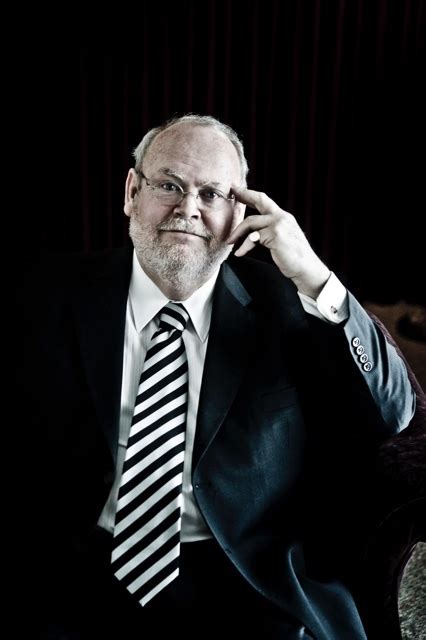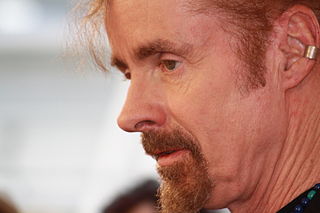A Quote by Thomas Lynch
So I suppose poetry, language, the shaping of it, was and remains for me an effort to make sense out of essentially senseless situations.
Quote Topics
Related Quotes
We believe we can also show that words do not have exactly the same psychic "weight" depending on whether they belong to the language of reverie or to the language of daylight life-to rested language or language under surveillance-to the language of natural poetry or to the language hammered out by authoritarian prosodies.







































